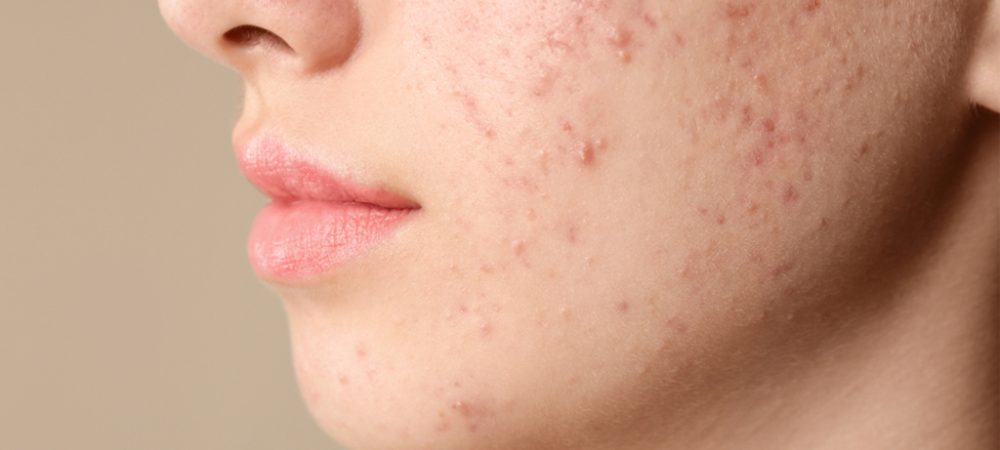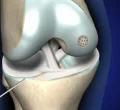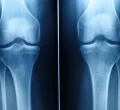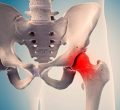
Lupus
Lupus is an autoimmune disease that can cause joint pain, fever, skin rash, and organ damage. Lupus currently has no cure and requires lifelong management. Lupus is most commonly seen in women.
There are several types of lupus. Systemic lupus erythematosus is the most common. Other types of lupus include:
Cutaneous Lupus Erythematosus: This type of lupus affects the skin – cutaneous is a word that means skin. Individuals with cutaneous lupus erythematosus may experience skin problems such as sun sensitivity and rashes. Hair loss can also be a symptom of this condition.
Drug-induced lupus: These cases of lupus are caused by certain medications. People with drug-induced lupus may have many of the same symptoms as systemic lupus erythematosus, but this is usually temporary. Often, this type of lupus goes away when you stop the medication causing it.
Neonatal Lupus: A rare type of lupus, neonatal lupus is a condition that is found in babies at birth. Babies born with neonatal lupus have antibodies that are passed down to them from their mother – who either had lupus during pregnancy or may develop the condition later in life. Not every child born to a mother with lupus will develop the disease.
Surgical Procedures
Our Senior is specialised in such Minimally Invasive Procedures with immense skills and vast experience, serving from more than 21 Years with the Best Treatment possible.

Loose Bone Fragments
Loose Fragments in the Joint may lead to further Deterioration if not treated and surgery is usually the only way to provide Relief.

Damaged or Torn Cartilage
Depending on the extent of damage, Arthroscopic procedure is needed to remove the Damaged Cartilage in order to heal the area.

Inflamed Joint Linings
Procedure for the Removal of Inflamed Synovial Tissue from inside a Joint, which may cause pain & other symptoms if not treated.

Scarring within Joints
A procedure to clean-up a buildup of Scar Tissue around a Joint that may limit the range of motion or may cause Substantial Pain.


